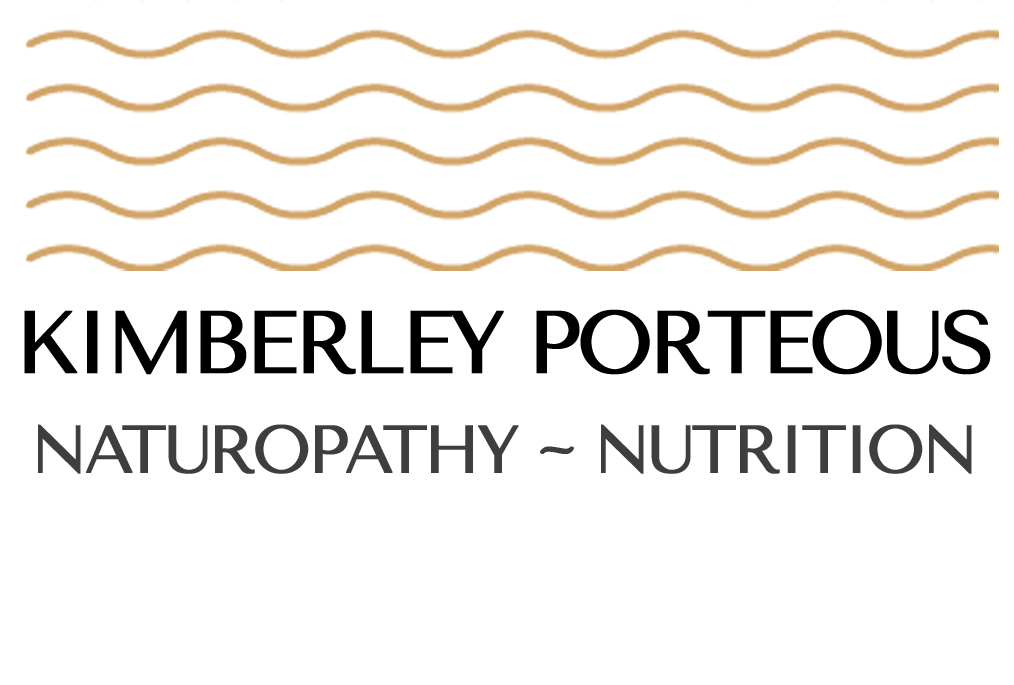
It’s not you. It’s just your hormones.
Anxiety attacks, palpitations, sweaty palms and feelings of panic which you’ve never experienced before. Lying in bed thinking about all of the things that can go wrong to those you love. Feeling as if you want to punch everybody. A low mood that on some days makes you want to give up.
Fortysomething women — do any of these sound familiar?
Don’t panic: you are not alone. Perimenopausal anxiety and/or depression can affect up to 40% of us during our transition.
Perimenopause is often called your “second puberty”. Remember your first? Chances are there were some pretty intense hormonal fluctuations and possibly, along with that, emotional fluctuations. Now that your ovaries are preparing for retirement (lucky them!), hormonal fluctuations are happening again as the whole shebang prepares to wind down.
And these at times wild hormonal fluctuations are the cause of your anxiety and changes in mood.
New or increased mood swings is a sure sign you are in perimenopause.
How your hormone levels change in your 40s
What happens to hormones in perimenopause?
It begins with follicle-stimulating hormone (FSH) and luteinising hormone (LH) starting to creep up as the ovaries age and become less responsive and so require a bit of a push to keep up their work. You generally won’t notice any signs of these starting to rise unless you see them on a blood test.
Next, sometime around the mid-to-late-40s, progesterone becomes progressively lower. Progesterone is secreted by the corpus luteum housing the egg, so as ovulation and follicular development occurs less frequently this is obviously going to reduce progesterone levels. This fall in progesterone is generally the first time you begin to notice things changing, such as irregular periods, a shortened cycle, heavier menstrual flow and sleep disturbances.
Anxiety can also occur at this stage, for a few reasons. Loss of progesterone destabilises the hypothalamus-pituitary-adrenal (HPA) axis, which is essentially the communication channel between the brain and the adrenal glands which helps govern our stress response and hormonal activity. Mood swings, as well as hot flushes and sleep disturbances, can occur as a result. Loss of progesterone also affects production of allopregnanolone, a steroid which modulates GABA levels. GABA is a neurotransmitter which calms you down and helps reduce anxiety and stress.
So by affecting downstream production and expression of the hormones and neurotransmitters which play a role in your stress response and anxiety, you can see how a drop in progesterone can exacerbate anxiety symptoms.
If you have the Mirena IUD fitted this could be another factor at play in your anxiety. The Mirena releases levonorgestrel, which is a progestin (a synthetic steroid drug version of progesterone). Levonorgestrel robs your body of its own progesterone, which is the likely cause of the increased risk of anxiety and depression seen with Mirena use.
Another factor at play in perimenopausal anxiety is, of course, oestrogen. Oestrogen fluctuates up and down erratically during the perimenopausal transition, at times reaching levels even higher than those experienced during puberty. This is largely responsible for hot flushes, night sweats, heavy periods and migraines.
Although oestrogen is a feel-good hormone, it seems to be the fluctuating levels of oestrogen, or high levels in relation to reduced progesterone levels, which can cause anxiety. Clinical experience suggests that correcting hormonal imbalance reduces anxiety symptoms during perimenopause.
Perimenopause is, however, a state of eventual decline in oestrogen levels. Oestrogen inhibits the breakdown of and reuptake of serotonin, which boosts happiness and regulates our emotions, thus further explaining why the drop in oestrogen affects our mood.
Androgen levels also decline with age as the ovaries slowly lose their function, leaving the adrenal glands as the major source. Low testosterone contributes to depression-like feelings and low libido.
Losing sleep due to hot flushes and night sweats don’t help your mood if you’re struggling with fatigue the next day. Aim to get a full eight hours a night — this could mean you have to spend nine or ten hours in bed to achieve this.
The state of your nervous system and resilience to stress will also negatively affect your tendency towards anxiety symptoms as you enter perimenopause. So if you’ve been burning the candle at both ends and not taking enough time to rest and learning to wind down, your adrenals are likely suffering, which will affect their ability to support you with their own hormonal production as ovarian capacity declines.
Compounding this is the often high-stress situation women typically face in their 40s, from family pressures to work to the emotional strain of coming to terms with the loss of your reproductive years, your youth and your identity as a woman. Holistic treatment which also seeks to rebuild your nervous system and support your emotions during this turbulent time, whilst working to remove some of the stigma around menopause, will be the most effective.
DON’T MISS PART TWO OF THIS SERIES: HOW TO TREAT ANXIETY DURING PERIMENOPAUSE
Perimenopause is a natural phase of life and not something to be feared. Think of it as an initiation period into something better – a time of increased confidence, wisdom, personal power and freedom.
The perimenopausal transition can last for up to ten years — so getting on top of mood disturbances and anxiety symptoms is well worth the effort.
And work with a naturopath experienced in perimenopause and menopause to get those anxiety symptoms sorted!
Lifeline 13 11 14
Beyond Blue 1300 22 4636

1 Comment on Why do I have anxiety during perimenopause? Ask the menopause naturopath
Comments are closed.